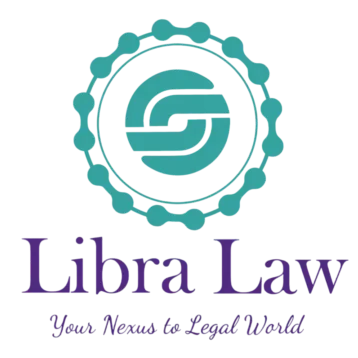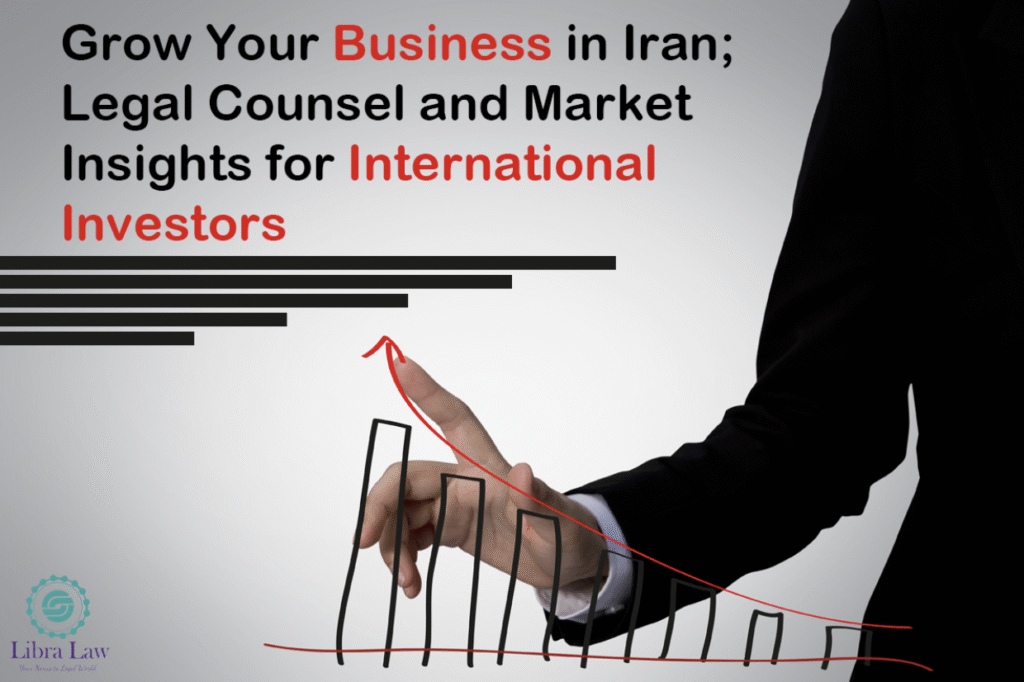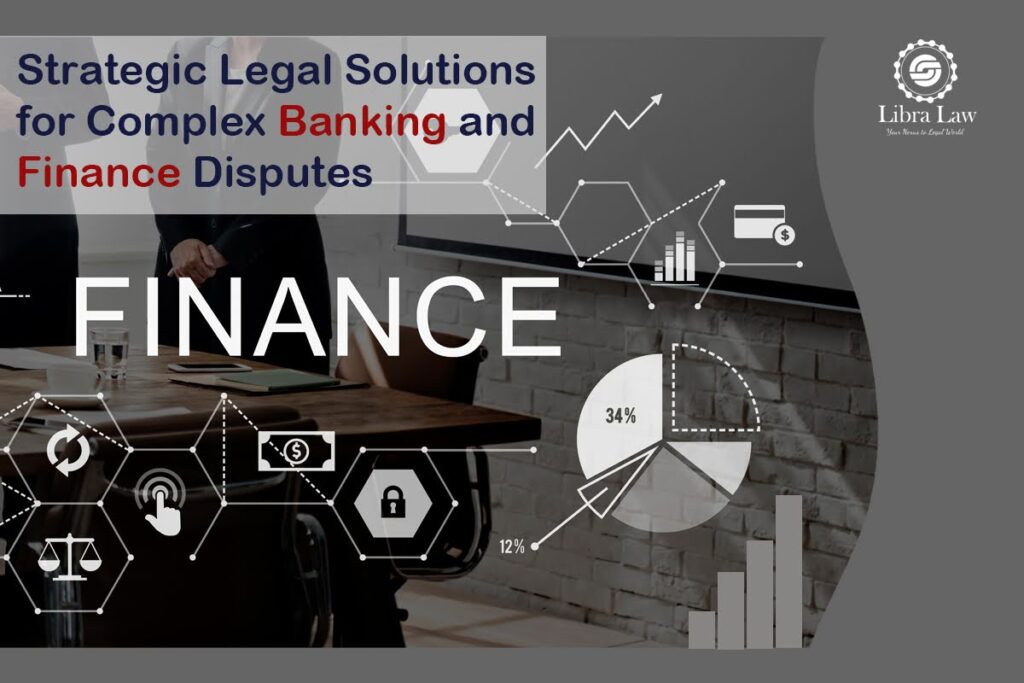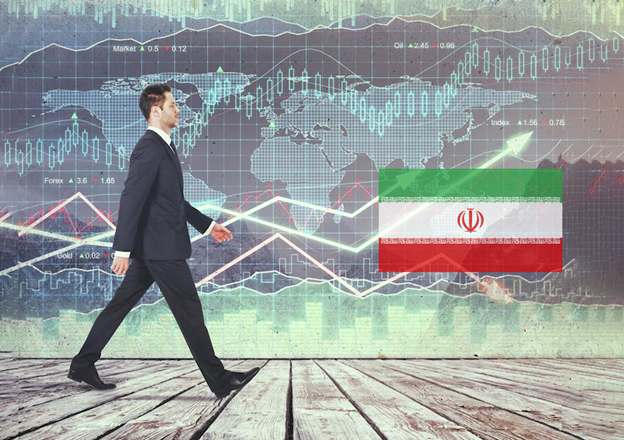Are you aware of your IP rights? Black’s Law Dictionary defines intellectual property as “a category of intangible rights protecting commercially valuable products of the human intellect”. To put it simply, intellectual property law is all about legally protecting the innovation and creativity of individuals and entities. Protection of intellectual property rights are really important.
Iran is a member of the Paris Union International Convention for the protection of Industrial Property, and the World Intellectual Property Organization (WIPO). Citizens of member countries are entitled to receive patent and trademark rights identical to those of Iranian nationals. Also under the Convention, if a foreign national applies for a patent in his own country and within twelve months submits a similar application in Iran or another convention country, the filing date shall be considered the same as that of the original application.
It is worth noting that non-residents desiring to file patent and trademark applications in Iran must do so through an attorney or other representative with residence in Iran who must be given full power of attorney for that purpose.
Here is a brief overview of Iranian legal system’s approach to the main categories of Ip, namely Patents, Trademarks and Copyrights.
- Patent Rights
Patents are granted for 5, 10, 15 or a maximum of 20 years at the discretion of the inventor. Fees are levied annually for the duration of the patent. Additions or improvements may later be included and are protected for the duration of the basic patent. An inventor holding an un-expired patent registration in a foreign country can apply for a corresponding patent in Iran.
In fact, the validity period shall be the same as the original patent. However, if a person or firm in Iran happens to have exploited completely or partially, or has made preparations to exploit the said invention prior to application, the inventor will not have the right to oppose the actions of said person or firm.
Moreover, patent applications are examined only for correctness of documents and compliance of the subject matter with patent registration specifications. A patented invention must be novel and capable of practical use in industry or agriculture. The novelty is prejudiced, if it is given publicity in Iran or abroad before application procedures are completed. Unfavorable decisions on an application may be appealed to the courts. Financial plans, inventions contrary to public order, health or morals, and medical formulas or compounds may not be patented. Processes for the manufacture of pharmaceuticals, however, are patented.
If a patent is not exploited within five years from the effective date of grant, any interested party may apply for its nullification. Persons, who believe their interests are being adversely affected by a registered patent, may file for cancellation with the courts. Patents and trademarks may be licensed or assigned, but such action must be recorded with the Registration Office to be effective.
- Trademarks
Trademark is defined under the law on Registration of Trademarks and Patent as any logo, design, image, seal, wrapper, or other utilized for identification of commercial, industrial and agricultural goods. Only trademarks that are accepted and registered will enjoy the benefits and privileges of the Law.
Foreign companies with offices outside of Iran may also apply for registration and protection of their trademarks provided that their country also permits for the protection of Iranian trademarks.
The following marks cannot be registered as Trademarks:
- The official flag of the country or any other flag that the government has banned from being used as a trademark;
- Badges, medals and insignia of the government;
- Effigy and the like unless with special permission;
- The signs of official organizations such as the red crescent;
- Words and phrases that give impression of connection with the government or officials;
- Marks that are against public order and morals.
Acceptance of trademark provides the owner with a 10-year right for exclusive use of the trademark that could be renewed for like periods. If a registered trademark is not commercially utilized within three years and no plausible reason exists any interested person may appeal to the courts for its cancellation.
Furthermore, owners of trademarks have the right to assign or transfer the rights to their trademark. However, the assignment or transfer will not be recognized unless registered at the Registrar. Owners of trademarks can grant licenses for use of their trademark. This license will only be valid if registered in Iran. In the application for registration of the mentioned license agreement, the duration of the license and the limits of its conditions must be defined.
Any person who claims that a new trademark is owned by him/her or is similar enough to his/hers to cause confusion may object to the registration of a trademark.
- Copyrights
Although there is no copyright law in Iran, Articles 23 through 31 of the Law for the Protection of the Rights of Authors, Composers and Artists dated 1 January 1970 may be invoked in favor of an author if it is determined that his work has been published without his or his heirs’ permission. Under these provisions, owners of intellectual works are also entitled to protection of publication rights and against infringing import practices.
What can be concluded?
Law on Registration of Inventions, Industrial Designs and Trademarks is the main legal document related to IP law in Iran. Primary types of IP law based on Iran’s legal system were briefly discussed. Accordingly, one should keep in mind that one of the key issues in growth of all businesses is related to IP protection. Having a firm expert in IP law behind you is really important if you are a businessman or inventor. Libra Ip and patent lawyers can help you!









